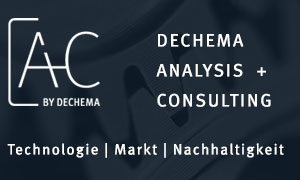This event addresses the full process of
- battery recycling
- covering logistics
- dismantling
- mechanical and metallurgical processing
Experts will give insight into new developments and technologies and discuss the challenges encountered when establishing “circular economy” concepts for spent batteries.
Li-Ion batteries are incorporated into more and more technical structures of our everyday life, such as smartphones, e-scooters and e-bikes, laptops and many more. And their number will yet increase: Especially the expected growth rates in the field of electro mobility will provide large mass streams of spent batteries in the upcoming years.
One battery unit of a full electric vehicle (PEV) weights typically more than 200 kg, some of the upcoming generations up to 700 kg. The state of the art battery technology bases on Li-ion technology, using different cathode active materials like iron-phosphate and nickel-, manganese-, and / or cobalt-oxides. Further components are metallic foils, organic electrolytes, special lithium-salts and electronic and structural components.
Li-ion batteries are exemplary for the challenges of the circular economy. Due to the complexity of the battery structure and the size of a typical battery cell, as well as its chemical and potential energy content, several challenges arise during the handling and the processing of the batteries.
At the DECHEMA Infoday, experts from science and industry will put the spotlight on the different stages of the recycling process. They will give insight on the current state of the art as well as ideas to overcome the challenges encountered.




.jpg)

